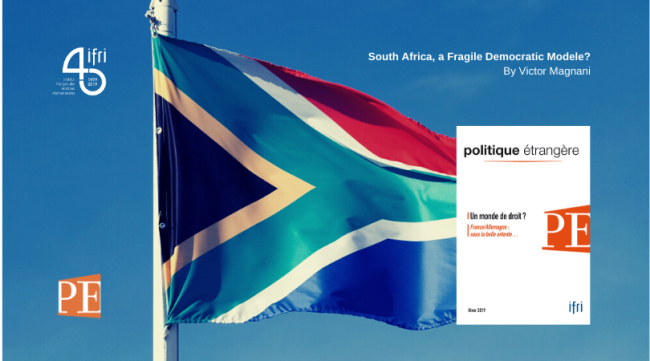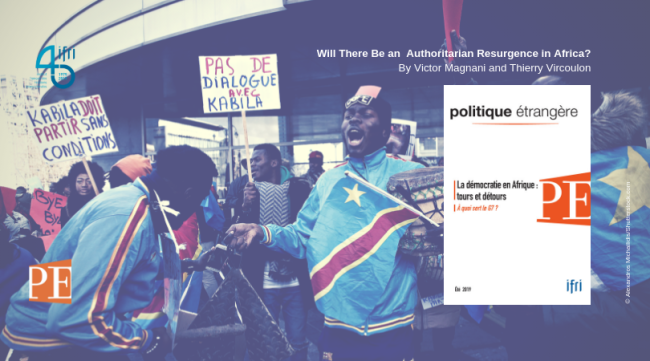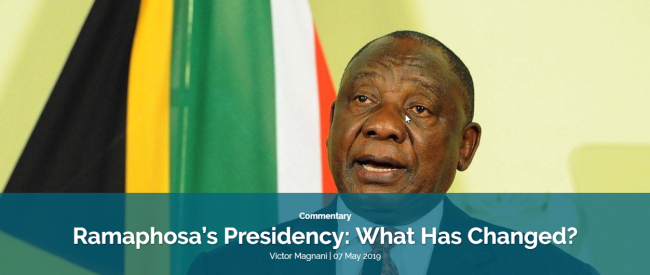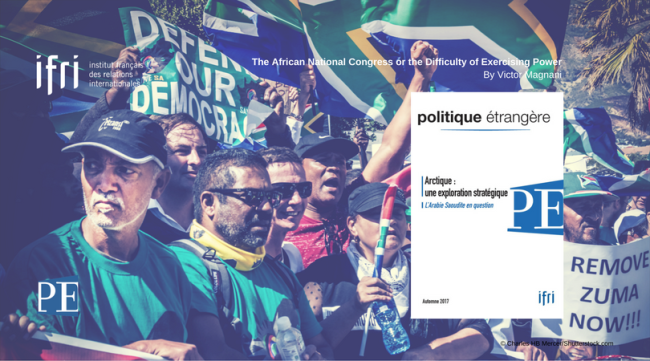
Prénom de l'expert
Victor
Nom de l'expert
MAGNANI
Former Project Officer at the Sub-Saharan Africa Program
Research areas:
- South Africa
- Zimbabwe
- Southern Africa
- Elections Political parties
Victor has a master's degree in Political Science with a specialization in African Studies from the University Paris 1 Panthéon-Sorbonne. He had a vast professional experience in South Africa (French Consulate in Cape Town, South African Parliament, French Institute of South Africa) before joining the Sub-Saharan Africa Program in May 2015 as a Project Officer.
See more














